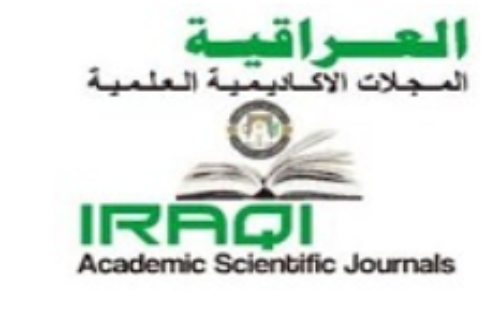Extraction of calicomacropeptide protein from cheese whey and its use as an antibacterial agent against Escherichia coli and Staphylococcus aureus in children.
DOI:
https://doi.org/10.32792/utq/utjsci/v4i1.573Abstract
This study focused on the extracted of protein Glycomacropeptide of soft white cheese whey and factory using rennet (chymosin) and studying of its effect outside the body's animals in vetro and within the body of the animal in vivo, the results were as follows: pathological bacteria antigens used with Glycomacropeptide in passive haemagglutination assay and showed that agglutination was 1:256 with LPS isolated from bacteria E. coli. The passive haemagglutination assay also showed that agglutination was 1:64 with LPS isolated from bacteria Staph. aureus Glycomacropeptide protein proved the inhibition activity the outside
of the animal's body (in vitro) against bacterial isolates of E. coli and , which causes diarrhea and inflammatory intestine disease and Staph. aureus bacteria in children by using Nutreint Broth media and using a Spectrophotometer and different concentrations (0.1, 0.6, 1.1, 6.3) mg / ml had a higher inhibition concentration of 6.3 followed by 1.1. Glycomacropeptide protein proved effectiveness inhibitory, within the body of mice (In vivo) against bacteria E. coli and Staph. aureus by studying their effect on red blood cells and white blood cell as it worked to increase
Downloads
Published
License
Copyright (c) 2019 University of Thi-Qar Journal of Science

This work is licensed under a Creative Commons Attribution 4.0 International License.












